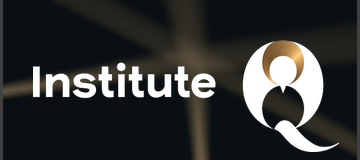About QRE
This is the seventh international workshop on the emerging field of Quantum Resource Estimation (QRE), benchmarking and performance analytics. The previous editions were QRE2024 QRE2023, QRE2022, QRE2021, QRE2020 and QRE2019.
The focus of this year's workshop are decoders for quantum error correcting codes. We hope to encourage participation from those working in quantum algorithm optimization, error-correction, architecture design, quantum compilation, classical control and resource benchmarking.
The workshop is focused around developing techniques and tools that aid quantum software and algorithm design, informed by the realities of the hardware architectures. QRE shifts the perspective from complexity theoretic arguments to quantitative computer architecture arguments.
The goal is to reduce the physical resource1 costs for interesting quantum algorithms as quickly as possible. Small-scale, cloud-based NISQ machines sparked the interest of exact, realistic and non asymptotic resource estimations. It is still uncertain if any valuable quantum algorithm2 is possible without incorporating costly error-correction protocols that make estimation, benchmarking and optimization far more complex. QRE is the forum to share research on the near term feasibility of interesting2 quantum algorithms.
QRE will be preceded by the Finnish Quantum Days.
Organisers
Alexandru Paler, Aalto University, Espoo, Finland
Simon Devitt, University of Technology, Sydney, Australia
Daniel Herr, d-fine, Zurich, Switzerland

1Physical resources for executing a quantum algorithm can vary significantly. Resource costs are influenced by the resultant quantum circuits through their structure and designed precision. Additional overheads are introduced by the physical constraints of the quantum hardware. Quantum error correction is also resource hungry. Even the design and the performance of the classical control software that compiles algorithms and controls the quantum computer has a non-negligible impact on resources.
2Algorithm that outperforms classical supercomputers either in a theoretical or monetary sense.
Quantum computation has a growing number of promising application areas such as quantum chemistry, quantum optimisation and finance. However, the first industrially relevant and scalable quantum computer seems to be at least a decade away. Therefore, one of the most pressing questions is "How many physical qubits and how much time is necessary to execute a quantum algorithm on a selected hardware platform where the algorithmic output is more important than the fact a quantum computer was used to calculate it?"
By examining this question in depth we can motivate continued investment for quantum computing, further enable resource friendly quantum algorithm development and continue to push technological advances that will lead to a scalable quantum computing ecosystem.
The workshop will bring together researchers to discuss new methods and directions needed to develop, as soon as possible, the tools to:
- accurately analyze and benchmark complex quantum algorithms
- adapt error-correction techniques
- refine classical control and hardware microarchitectures
- enable scientifically and commercially relavant quantum applications
Research papers, tutorials, software and other demonstrations, and work-in-progress reports are within the scope of the workshop. Invited talks by leading international experts will complete the program. Contributions on all areas of quantum performance analytics are welcome:
- High level quantum circuit analytics.
- Fault-tolerant quantum circuit analytics.
- Clifford+T optimisation strategies.
- Resource efficient surface code implementations.
- Surface code decoders.
- Practical quantitative analysis of surface code alternatives.
- Noisy Intermediate Scale Quantum (NISQ) evaluation.
Initial submission for QRE2025 will consist of an extended abstract, limited to 2+epsilon-pages (including figures and references, please don't go nuts with the epsilon!). Contributions must be written in English and report on original, unpublished work, not submitted for publication elsewhere.
Important Dates
Venue
QRE2025 will be held in Helsinki, the capital of Finland. The venue is Aalto University's building in Töölö.
Hotels
The following is a list of hotels located close to the venue:
Local Information
The public transportation company of the Helsinki region is HSL. There is a zone system in place, click here for an unofficial zone map. Tickets are valid for certain zones and for a period of time. You can by paper tickets in the occasional ticket machine or from R-kiosks. For daily use it is better to download the HSL app, which offers digital tickets and payment. The city center of Helsinki and most hotels are in Zone A. The airport is in zone C.
After your arrival to the airport follow the signs either to the taxi stand or the train. The cheapest way to get to the center of Helsinki from the airport (HEL) is to take a train, which takes you to the main train station in the center of Helsinki. You can by a ticket for the ABC zones next to the train tracks. All trains go to Helsinki (In Swedish, Helsingfors) main station. Your ticket is valid for ~90 minutes which is enough to also use further trams/buses to get to your hotel.
Unfortunately, during the conference there will be significant disruption in the metro service due to construction work. The metro does not operate between Kamppi and University of Helsinki (Helsingin Yliopisto) stations, and the Metro station at the Central Railway Station (Rautatieasema) will be closed. These stations are within walkable distances, and you can also take trams 9 or 9B. For more information on this and other metro disruptions, click here.
If this is your first time in Helsinki, it is worth taking a look at some general and tourist information.
Invited Speakers
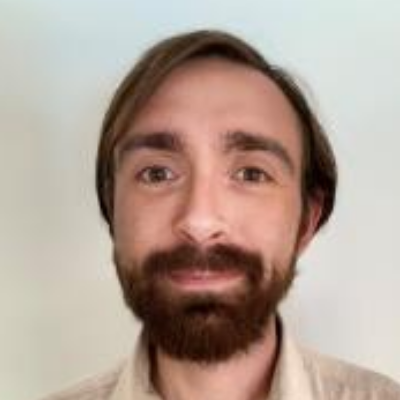
Francisco Garcia-Herrero (Complutense Madrid)
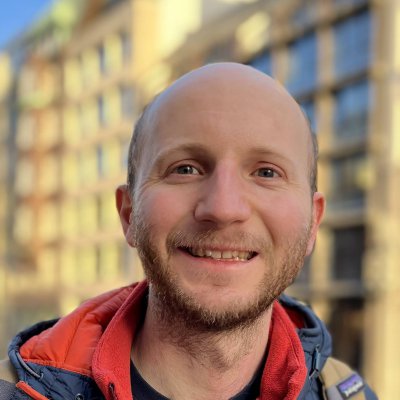
Joschka Roffe (University of Edinburgh)
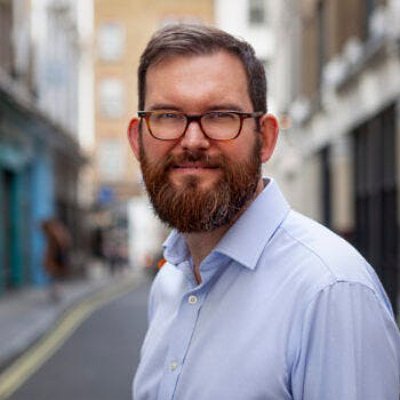
Dan Browne (University College London)

Edwin Tham (IonQ)

Laleh Beni (Google)
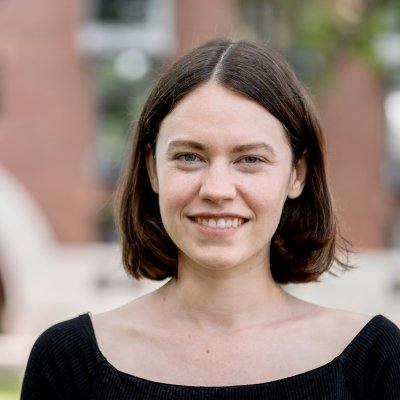
Madelyn Cain (Harvard University)

Joan Camps (Riverlane)
Event Schedule - all times are EET (Helsinki)
Registration
Aalto Toolo lobby
Session 1
Localised Statistics Decoding
Joschka Roffe (University of Edinburgh)
Scalable decoding protocols for fast transversal logic in the surface code
Joan Camps (Riverlane)
Coffee Break
Session 2
Quantum error correction and decoding with neutral atoms
Madelyn Cain (Harvard University)
The AutDEC decoder - Improving Belief Propagation by ensembling and code symmetry
Dan Browne (University College London)
Lunch Break
Session 3
Tesseract: A Search-Based Decoder for Quantum Error Correction
Laleh Beni (Google)
Fault-tolerance in the near- and medium-term
Edwin Tham (IonQ)
Coffee Break
Session 4
Low-Latency and Low-Overhead Hardware Resources for Accurate Quantum LDPC decoders
Francisco Garcia-Herrero (Complutense Madrid)
...
TBA
